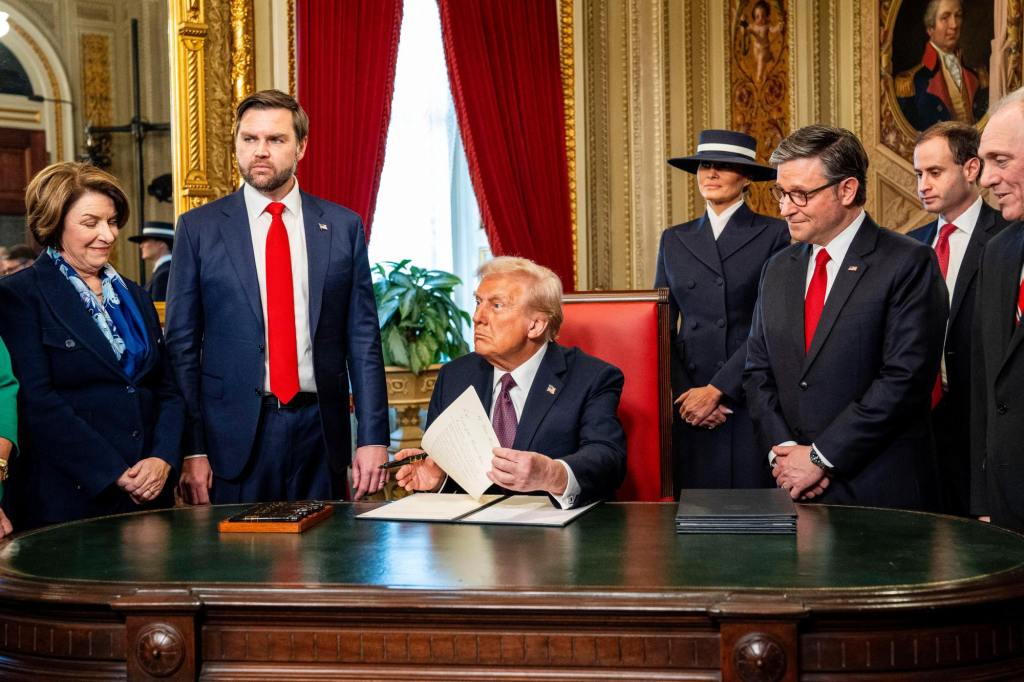
America’s small businesses are optimistic about the economic results the newly minted Trump administration will deliver for Main Street. In fact, recent polling from my organization, the Job Creators Network Foundation, found that small business sentiment about the economy is at a 40-month high—buoyed by high future expectations.
The Trump administration is already getting the ball rolling—signing an avalanche of executive orders during the first week of the term. Now, Congress must do its part to help deliver a golden age for small businesses. The White House can’t do it alone.
Chief among policy priorities should be extending—and expanding—the Tax Cuts and Jobs Act (TCJA). The law expires at the end of the year, threatening small businesses and American families with tax hikes. The law lowered taxes for every income bracket, with an average tax cut of more than $1,000.
For small businesses, specifically, the law has acted as rocket fuel for economic growth.
Provisions include lower tax rates for pass-through small businesses, which represent the vast majority of Main Street operations in the country, and the creation of a 20 percent small business deduction. Together these provisions have helped entrepreneurs shield more of their own money from Uncle Sam—paving the way for hiring more employees, raising wages, and growing operations.
As a result, the country experienced one of the strongest pre-pandemic economies in half a century. Real wages grew at a record two-decade pace following the law’s implementation in 2018 and 2019. At the same time, median household incomes jumped by more than $5,000, and the unemployment rate reached a five-decade low.
Beyond extending the TCJA, policymakers have other opportunities to get the government out of the way of Main Street—allowing small businesses to do what they do best: create economic opportunity. Addressing high credit card “swipe fees” that small businesses are forced to pay every time a consumer uses a credit card is a prime example.
It’s the dirty secret of the payments industry that this hidden tax often ranks as a small business’ second-highest operating expense after labor costs. Why is processing electronic payments so expensive? Because two huge corporate giants—Visa and Mastercard—form what is effectively a duopoly that controls 80 percent of the payments market.
Legislation supported by Vice President J.D. Vance will go a long way to help small businesses with this hidden tax. Known as the Credit Card Competition Act, the policy would give small businesses more options for processing credit card payments. And, as we all know, more competition equals lower prices.
President Trump has always understood that American prosperity starts with supporting our job creators. Now, he has the opportunity to champion both the extension of his signature tax cuts and push for further pro-Main Street reforms. Together, these measures would deliver a powerful one-two punch for small business growth.
Under Biden-Harris administration policies, the country’s small businesses have suffocated under high inflation, supply chain chaos, and overregulation. Now, it’s time to give Main Street a breath of fresh air that will lead to an economic boom.
Elaine Parker is the president of the Job Creators Network Foundation.



